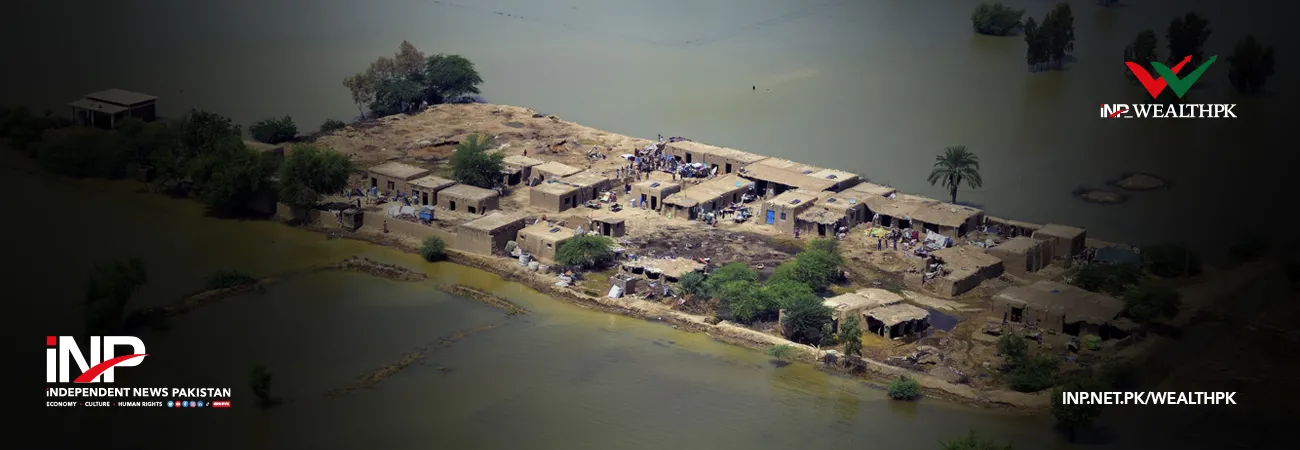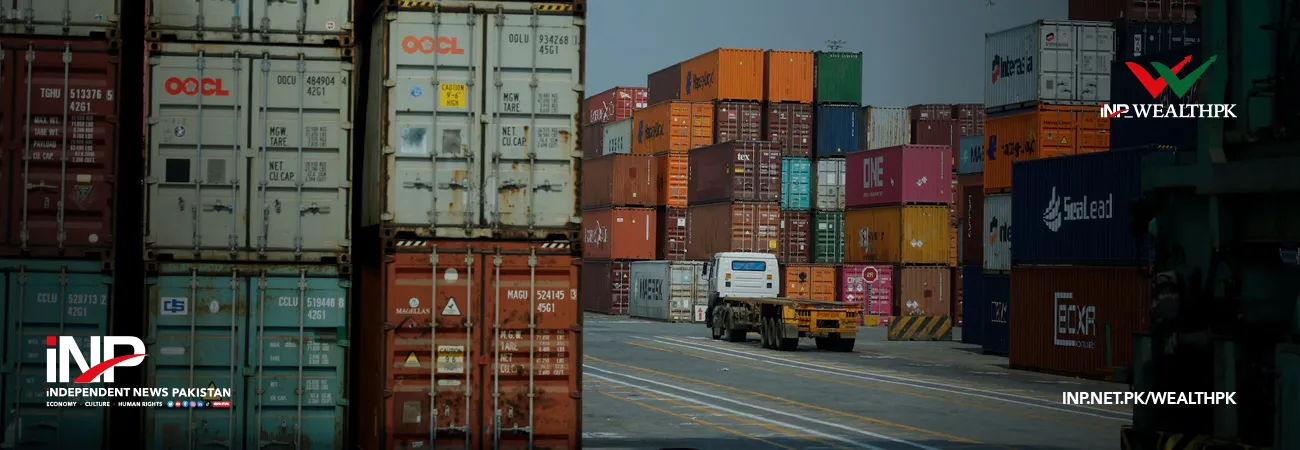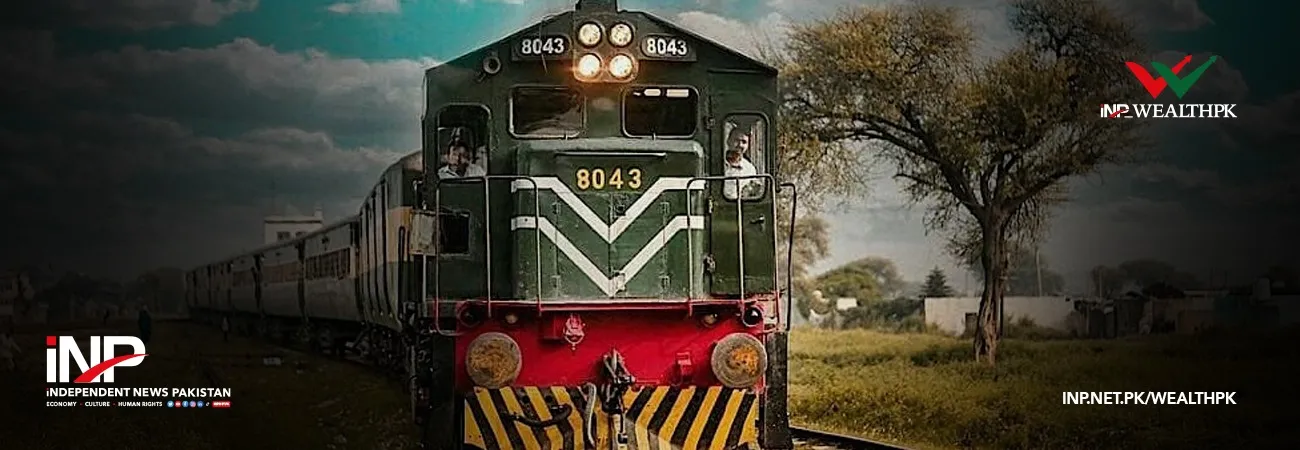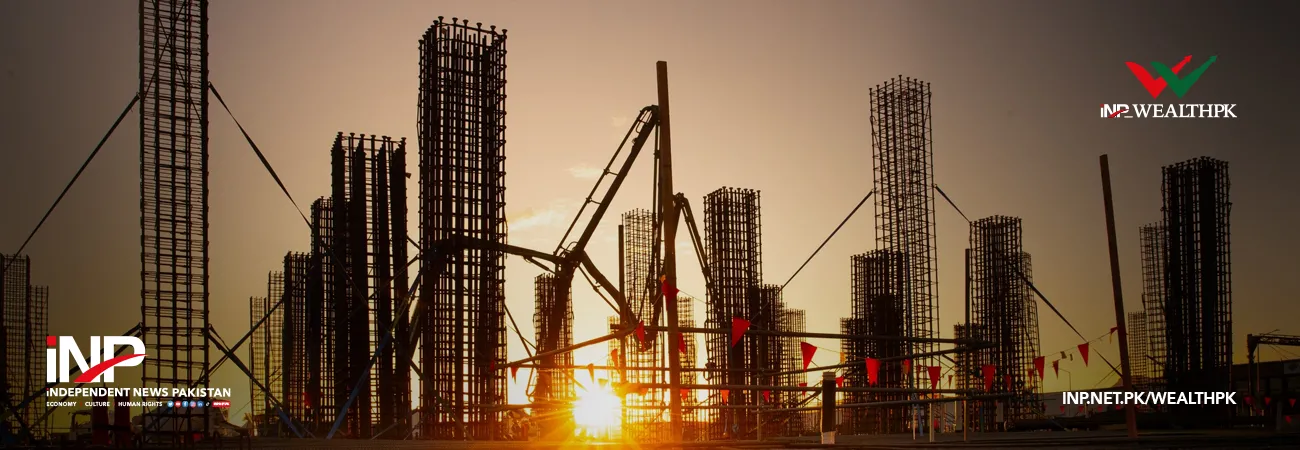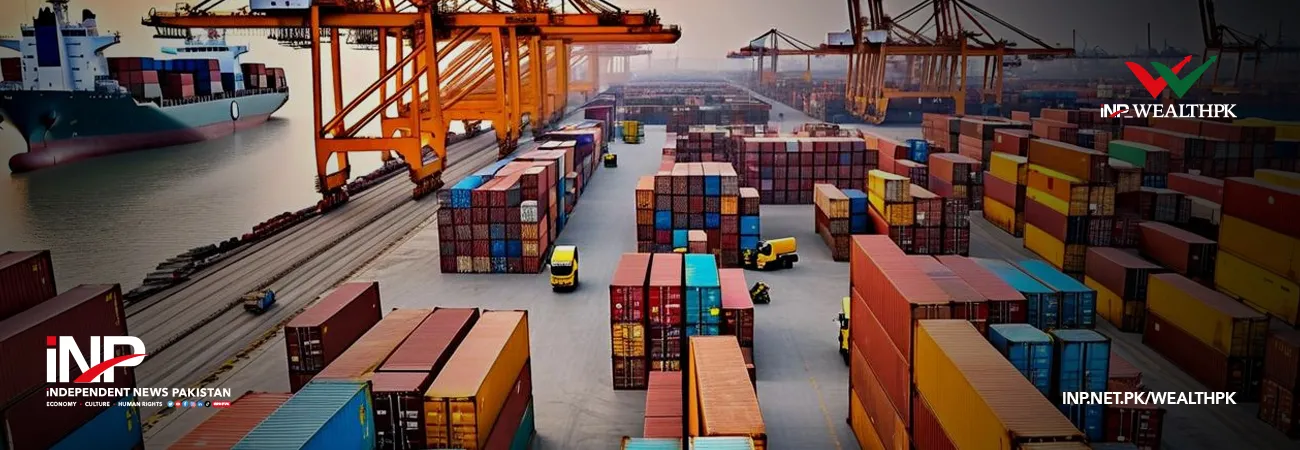INP-WealthPk
Arooj Zulfiqar
The government of Pakistan has called upon its international development partners to prioritise aid to climate-affected countries like Pakistan. "We all witnessed the tragedy (floods) last year. It was a tragedy for Pakistan where $30 billion losses were caused and the marginalised community was the worst affected,” said Minister for Planning, Development and Special Initiatives Ahsan Iqbal while addressing “Islamic Relief National Conference on Floods 2022 One-Year-On -- Resilient Pakistan: Rhetoric to Reality” in the federal capital. In his address, the minister highlighted the challenges facing the nation, as well as the need for urgent measures to build a climate-resilient Pakistan. In this regard, Islamic Relief Pakistan (IRP) arranged “Rhetoric to Reality Climate Dialogue” to encourage collaboration among various stakeholders. The IRP invited policymakers, humanitarian organisations, and climate change experts to formulate practical and effective measures.
At the event opening, Asif Sherazi, Country Director of IRP, highlighted the pressing need to address climate change. He emphasised that it is no longer enough to simply talk about the issue; concrete actions must be taken through collective determination. Sherazi urged everyone to translate their rhetoric into reality and work together towards a sustainable future. Shahin Ashraf, head of Global Advocacy, spoke about her vision for Pakistan's future. She emphasised the importance of working collaboratively towards a clear and determined plan that prioritises the protection of lives and the preservation of the environment. “By forging a resolute path together, we can create a brighter future for all citizens of Pakistan,” she said. During a panel discussion, Sumaira, a country programme analyst from International Fund for Agricultural Development (IFAD), highlighted the importance of adapting to the current system in Pakistan.
She said that changing the system or shifting the community is not a viable option, so adapting to the existing system is the best way forward. This means gradually incorporating changes into the current system to ensure that it works for everyone. “It's all about making adjustments and finding ways to improve the system without disrupting the community. This is a gradual process that requires patience and careful planning, but it's the only way to create a sustainable future for Pakistan,” she elaborated. Usama Khan, Chief Executive Officer (CEO) of Islamic Relief Canada, reflected on the devastating floods that struck Pakistan last year. “By working together, we can lead the way in creating a sustainable and resilient future for the country,” he emphasised.
Guest of honour at the event, Leslie Scanlon, High Commissioner of Canada to Pakistan, stressed adaptation.“Disaster preparedness for the monsoon season with more innovative solutions can be time-and cost-saving. The government of Canada is supporting climate adaptation in Pakistan,” she said. While closing the event, CEO of Islamic Relief Worldwide Waseem Ahmed said the floods in Pakistan last year were devastating, leaving many families with nothing. “We must work together to assist the most affected communities. Let's turn rhetoric into reality and create a sustainable future,” he added.
Credit: INP-WealthPk



